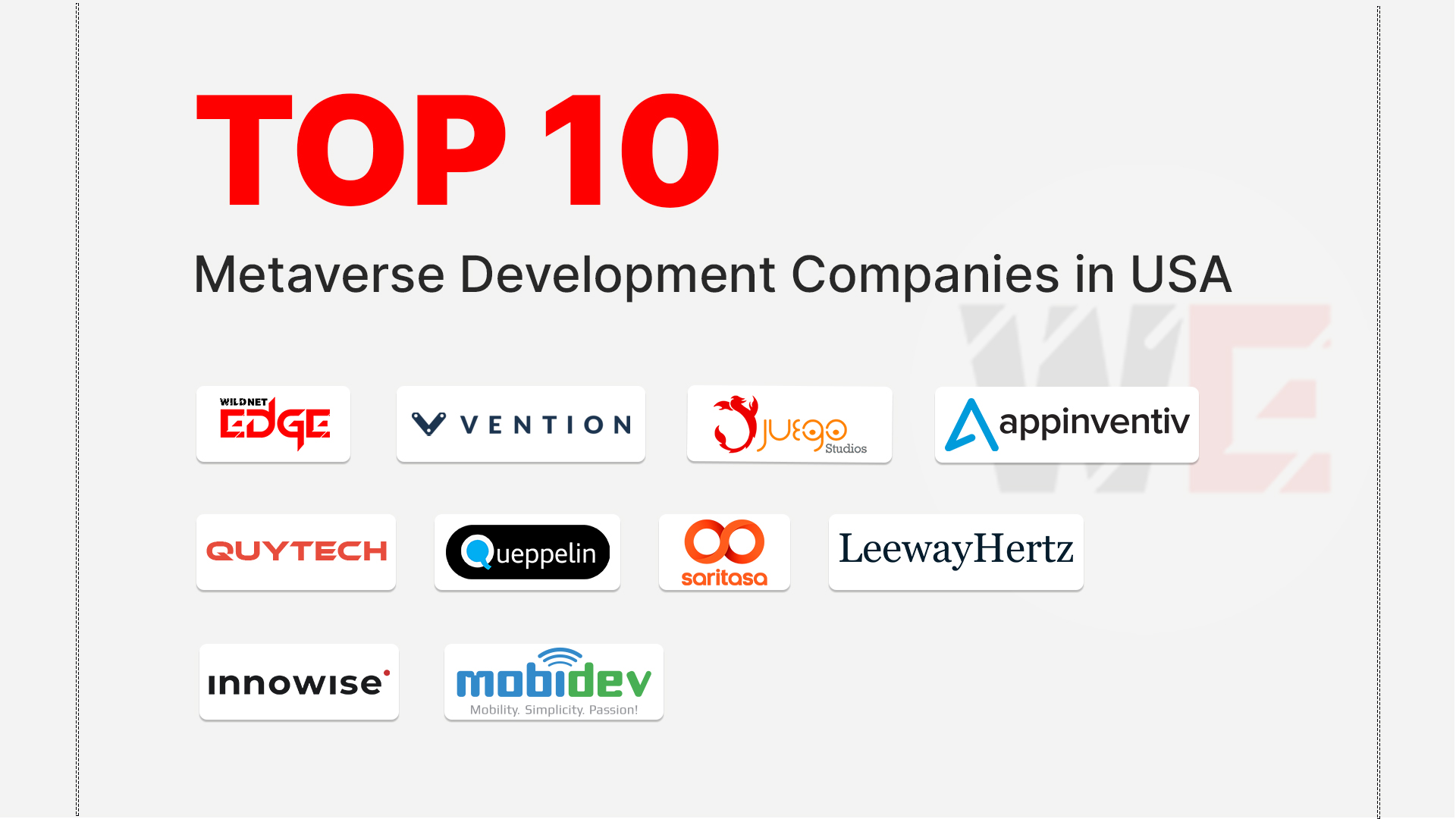Managing Customer Relationship Management (CRM) effectively can often feel like an uphill battle. With so many tasks to juggle, from tracking leads to analyzing customer interactions, it’s easy to overlook methods that could maximize returns on your CRM investment. Are you truly leveraging the full potential of Salesforce? How can you extend its functionalities to suit your business needs more effectively? Enter the Salesforce AppExchange, a pivotal component of the Salesforce ecosystem that empowers companies to enhance their CRM capabilities significantly.
Salesforce AppExchange is a vibrant marketplace filled with numerous marketplace apps designed to cater to various business functions. Whether you require enhanced analytics, improved automation, or seamless integrations, the AppExchange has something to offer. This blog will dive deep into the world of Salesforce AppExchange, outlining its benefits, categories of available marketplace apps, and strategies to optimize their usage for your business.
Understanding Salesforce AppExchange
What is Salesforce AppExchange?
Salesforce AppExchange is essentially an online marketplace hosting thousands of applications that extend the functionalities of the Salesforce platform. This ecosystem allows organizations to discover, install, and share apps that cater specifically to their industry needs. It includes both free and paid options, allowing businesses to adapt their CRM systems to specific challenges or opportunities without the need to develop custom solutions from scratch.
The importance of the AppExchange within the Salesforce ecosystem cannot be overstated. It acts as a bridge between application developers and Salesforce users, facilitating innovation and flexibility. With thousands of apps available, users can select tools that enhance their existing Salesforce capabilities, driving business efficiencies and positive user experiences.
Types of Marketplace Apps Available
Salesforce AppExchange features a diverse array of marketplace apps that can be organized into several categories:
- Analytics: Apps that improve data visualization and reporting capabilities. For instance, Einstein Analytics provides advanced data science tools that help companies make informed decisions.
- Automation: Tools like Process Builder and Flow allow businesses to automate mundane tasks, saving time and reducing human error.
- Integration: Apps that integrate Salesforce with other software tools, such as Zapier, streamline processes further by allowing seamless data exchanges.
- Marketing: Applications such as Mailchimp for Salesforce enable companies to enhance their marketing efforts directly from the Salesforce environment.
- Customer Service: Apps designed to improve support and customer interactions, such as Zendesk for Salesforce, streamline customer service operations.
Understanding the types of applications available will aid businesses in determining which tools can best bolster their operational efficiency and heighten CRM usability.
Benefits of Marketplace Apps
Enhancing Functionality and Customization
Harnessing the power of marketplace apps dramatically enhances the functionalities of Salesforce itself. Businesses are no longer limited to out-of-the-box capabilities and can now customize solutions to cater to their specific workflows and needs. For example, if a sales team needs an advanced reporting tool, they can leverage an app like Tableau, which seamlessly integrates with Salesforce data to produce dynamic reports and dashboards.
Customization options are vast; many apps allow users to tailor features and settings to align with their business processes. This means businesses can work more effectively within their preferred methodologies, leading to a stronger CRM adoption across teams.
Increasing Productivity and Efficiency
One of the most significant boons of utilizing marketplace apps is the boost in productivity and efficiency they offer. Numerous apps are specifically designed to automate mundane tasks, thereby freeing team members to focus on high-impact activities. According to a recent study by Salesforce, companies that utilize marketplace apps report a productivity increase of up to 35%.
For instance, automating lead assignment through an app like LeanData can save sales teams several hours a week. Coupled with improved reporting tools, these enhancements can lead to faster decision-making and clearer visibility into business operations.
Choosing the Right Marketplace Apps
Factors to Consider When Selecting Apps
When it comes to selecting marketplace apps for your Salesforce environment, several key factors must be taken into account to ensure that the apps meet your unique business needs.
- Scalability: Choose apps that can grow with your business. Look for features that can accommodate an increasing number of users or data inputs without performance degradation.
- User Reviews: Take the time to read user reviews. Feedback from other Salesforce users can provide invaluable insights into the efficacy of an app and any potential drawbacks.
- Integration: Ensure that the apps you choose can seamlessly integrate into your existing Salesforce setup. This reduces disruptions and ensures that your data remains coherent and accessible.
Aligning apps with your specific business requirements is crucial for maximizing their effectiveness and ensuring that they contribute positively to your overall organizational objectives.
Researching and Evaluating Apps
Before launching into app installations, it’s essential to conduct thorough research and evaluation. Begin by defining your pain points and mapping out your requirements against potential app functionalities. Create a checklist or grid to help evaluate different apps based on the following steps:
- Utilize AppExchange Filters: Use filters to narrow down options according to your industry, required features, and user ratings.
- Leverage Salesforce Community: Engage with community forums, attend webinars, or participate in user groups where current users share experiences or recommendations.
- Trial Periods: Many marketplace apps offer trial periods. This allows you to test functionalities and ensure that the app integrates smoothly with your Salesforce instance before committing.
By employing these strategies, you can systematically handpick the right apps that will truly enhance your Salesforce experience.
Top Salesforce AppExchange Apps
Features of Leading Apps
Salesforce AppExchange hosts various standout applications, each offering unique features tailored to different business needs. Some of the top-rated apps include:
- DocuSign: Ideal for businesses requiring electronic signature capabilities. It offers seamless document tracking and signing processes directly within Salesforce.
- Conga Composer: This app allows users to automate the creation of documents, presentations, and reports directly from Salesforce data, ensuring accuracy and efficiency.
- Zoom: An essential app for businesses focusing on virtual interactions. It facilitates user engagement by integrating virtual meeting capabilities with Salesforce, enhancing customer connections.
These leading apps stand out not only for their effectiveness but also for their ease of use and user-friendly interfaces, making them valuable resources for enhancing day-to-day operations.
Real-World Success Stories
Consider the case of a mid-sized company that transitioned to Salesforce and utilized the SalesLoft app for sales engagement. This organization reported a 40% increase in sales productivity within just three months of implementation. By integrating SalesLoft, they could automate email outreach and tracking, leading to quicker lead follow-ups and conversions.
Another success story involves a SaaS company that adopted HubSpot for integration marketing via Salesforce. They were able to manage their leads and content seamlessly between platforms, ultimately increasing their lead generation efforts by 30%. These real-world applications illustrate not only the power of marketplace apps but also how they can fundamentally transform business operations.
Integrating Apps with Salesforce
Steps for Seamless Integration
Integrating marketplace apps with your Salesforce instance can be accomplished smoothly by following these steps:
- Install the App: Navigate to the AppExchange, select the app, and hit the “”Get It Now”” button. Choose whether you’ll be installing it in a production or sandbox account.
- Configure Settings: After installation, go to the app’s settings in Salesforce. Customize any necessary features, permissions, or integrations to align with your business processes.
- Train Users: Provide your team with training sessions on how to use the app’s functionalities fully. This may include access to tutorial materials or direct training from the vendor.
- Monitor Performance: Regularly check in on how well the app is integrating with your existing workflows, looking for any roadblocks or inefficiencies.
By following these careful steps, companies can experience smooth installations and avoid the pitfalls of disrupted workflows during integration.
Common Integration Issues and Solutions
While the integration process should be straightforward, there can still be challenges. Common integration issues include:
- Compatibility Conflicts: Occasionally, apps may conflict with existing systems or customizations. Resolving this can involve reaching out for technical support from the app vendor or employing Salesforce development resources.
- Data Sync Issues: If there are delays in data synchronization between apps and Salesforce, it may arise from incorrect API settings. Regular audits can help troubleshoot and mitigate these concerns.
- User Access: Sometimes, employees may face restrictions when trying to access newly integrated apps. Ensuring that appropriate permissions are set can help alleviate these access issues.
Staying vigilant about these potential integration pain points ensures that your Salesforce ecosystem remains efficient and productive.
Future Trends in Salesforce AppExchange
Emerging App Categories and Technologies
As technology rapidly evolves, so too will the types of marketplace apps available on Salesforce AppExchange. Expect to see an increase in apps that leverage artificial intelligence (AI) and machine learning. These innovations can improve predictive analytics, helping businesses make better decisions based on customer data.
Other anticipated trends include enhanced security features in apps, catering to growing concerns about data privacy. Security-focused apps will likely provide additional levels of protection for sensitive customer information.
With an ever-growing focus on remote work, integrating robust collaboration tools into the AppExchange will be critical. These tools will enhance communication and project tracking among remote teams, ensuring operational continuity.
The Role of User Feedback
User feedback is a vital factor in the growth and evolution of the apps on Salesforce AppExchange. Companies that prioritize user input during development and enhancement phases typically see better satisfaction rates. Regular surveys and customer reviews provide insights into what features users find most valuable, driving future app updates.
Moreover, many top-rated apps actively showcase user reviews on their AppExchange listings. This opens an avenue for transparency, enabling prospective users to glean insights before committing to app installations. The cycle of feedback and enhancement guarantees that the marketplace remains responsive to user needs, leading to more refined offerings.
Conclusion
In summary, the Salesforce AppExchange presents an invaluable opportunity for businesses to extend their CRM capabilities and enhance operational efficiencies. By carefully selecting marketplace apps, companies can unlock productivity gains and customize their Salesforce experience to meet their specific needs. With Wildnet Edge as your trusted partner in navigating these options, you can employ AI-first solutions to streamline your strategies.
Now is the time to explore the diverse offerings available on the AppExchange and discover apps that can help move your business forward efficiently. Don’t miss the chance to supercharge your Salesforce investment today.
FAQs
Q1: What are the main advantages of Salesforce AppExchange?
Salesforce AppExchange provides businesses with a wide variety of marketplace apps to enhance their CRM capabilities, streamline operations, and customize their system to meet specific needs.
Q2: How can marketplace apps improve my business processes?
Marketplace apps optimize workflows, improve data analysis, and increase user productivity by automating tasks, seamlessly integrating systems, and delivering sophisticated functionalities tailored to your business requirements.
Q3: What factors should I consider when choosing Salesforce apps?
Key considerations include app scalability, user reviews, integration capabilities with existing systems, and how well the app aligns with your specific operational needs.
Q4: How do I integrate chosen apps into Salesforce?
To integrate apps, follow a structured approach: install the app from AppExchange, configure its settings to match your requirements, train users on its functionalities, and monitor its performance to ensure smooth operation.
Q5: What future trends should I watch for in Salesforce AppExchange?
Future trends may include the growth of applications leveraging AI and machine learning, enhanced security features, and tools designed for better collaboration and communication among remote teams.

Nitin Agarwal is a veteran in custom software development. He is fascinated by how software can turn ideas into real-world solutions. With extensive experience designing scalable and efficient systems, he focuses on creating software that delivers tangible results. Nitin enjoys exploring emerging technologies, taking on challenging projects, and mentoring teams to bring ideas to life. He believes that good software is not just about code; it’s about understanding problems and creating value for users. For him, great software combines thoughtful design, clever engineering, and a clear understanding of the problems it’s meant to solve.
 sales@wildnetedge.com
sales@wildnetedge.com +1 (212) 901 8616
+1 (212) 901 8616 +1 (437) 225-7733
+1 (437) 225-7733















 ChatGPT Development & Enablement
ChatGPT Development & Enablement Hire AI & ChatGPT Experts
Hire AI & ChatGPT Experts ChatGPT Apps by Industry
ChatGPT Apps by Industry ChatGPT Blog
ChatGPT Blog ChatGPT Case study
ChatGPT Case study AI Development Services
AI Development Services Industry AI Solutions
Industry AI Solutions AI Consulting & Research
AI Consulting & Research Automation & Intelligence
Automation & Intelligence















